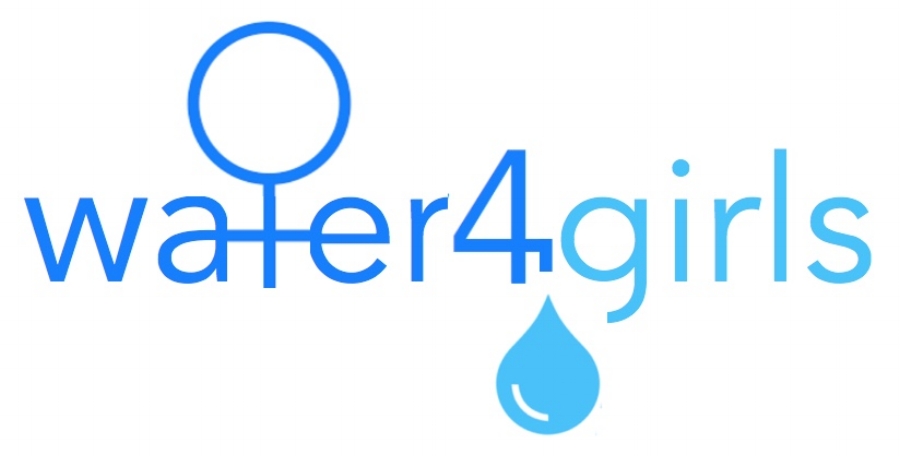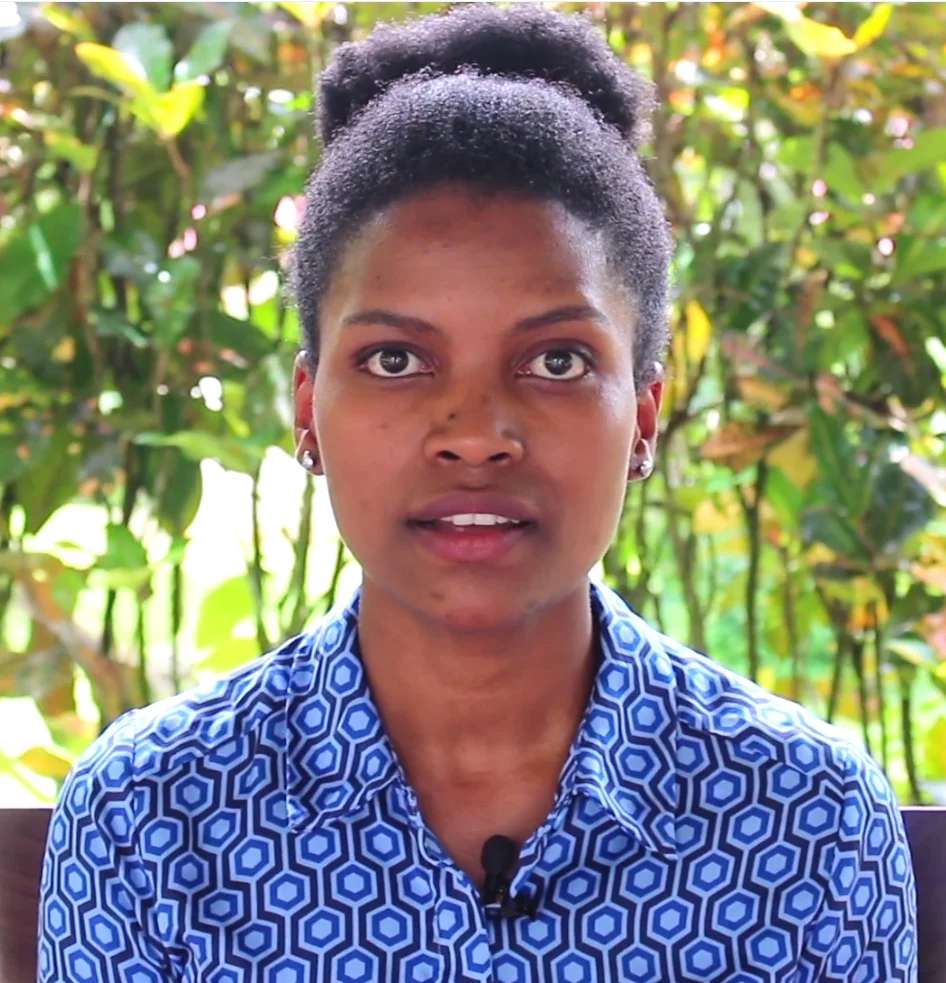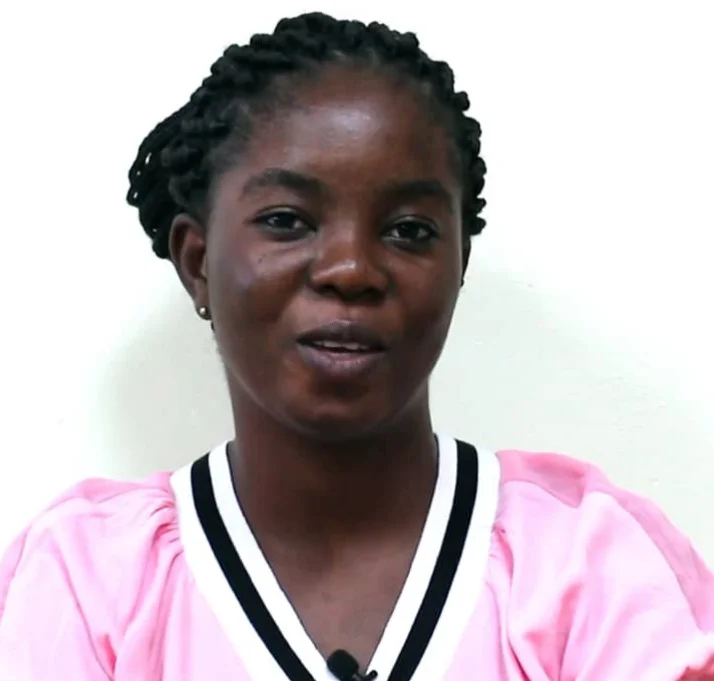Let Their Stories Be Told
Below are featured stories of dynamic young women (and a few men) reflecting upon their first-hand experience with the unnecessary burden of water. Listen, reflect on the inequities, share, and begin conversations in your community about solutions to the complex challenges that arise in these featured testimonies that address such topics as cultural expectations, gender violence, economics, ecology, education, dowry, governance, access, child sacrifice, and distribution (among others).
"water4girls: An Introduction”
This two minute video featuring Ugandan Precious Akampurira articulates the mission, aim, and opportunity to impart equality with water4girls.
"The Burden of water: A testimony by precious nemutenzi of Zimbabwe"
This six minute video features university student, Precious Nemutenzi, as she sheds light on the burden of water and its relationships to culture, tradition, education, gender violence, and health.
“Industrial Waste, Ecological Degradation, and Community Action: Ecuador.
This nine minute video features Evelyn Eloísa Molina Castillo as she shares of her Ecuadorian communities challenges with water, their impact on girls and women, and the relation to environmental degradation and economics.
"shame, Predestination, Commodification & Water: Uganda"
This twelve minute video features Precious Akampurira of Uganda as she sheds light on witnessing the burden that girls and women bear in association with water. Her primary experience is in the western region of Kabale in her childhood community of Lake Biynyone. Precious' insight reminds us of the complex relationships of culture, economics, and education that define the unnecessary water burden. Practically, she sheds light on what it is like for primary school girls to carry water before and after school, shame, and feeling predisposed to a harsh domestic life with limited opportunity.
"Distribution of Responsibilities, Water, The Men are also involved: Uganda"
This five minute video features Peter Onyango Oketch as he recounts his family's lack of near access to water and the way it impacts both girls and boys. While he highlights the water burden as greater on girls and women, Peter hones into the way in which boys are sometimes involved with collecting water. He also sheds light on the distribution of roles and tasks in relationship to such things as education, cultivation of food, and domestic security.
"The Physical and emotional stress of water: Uganda”
This seven minute video featuring Grace Aguti of Uganda explores her experience as a girl and the great difficulties she experienced that relate to physical and emotional stress surrounding a lack of access to potable water and gender inequity based on the cultural expectation that girls and women collect water for their large families.
"Girls as underclass, When the tap at school flows once a week: Cameroon”
This five minute video featuring Brenda Bih of Cameroon sheds light on her childhood experience dealing with marginalisation as a second class citizen, a lack of access to potable water at school, and how water scarcity poses great threats to health and opportunities.
“Gender Roles, Education, and Economics: Zimbabwe.”
This four minute video featuring Respect Musieyiwa of Zimbabwe demonstrates the way in which girls and women endure a disproportionate burden as it pertains to the collection of water and the oversight of domestic chores. With first hand experience Respect hones into issues of gender roles and the bearing on education and economics.
“Seasonal Water Access, fear of child sacrifice & tradition: Zambia.”
In this Water4Girls video Zambian Jane Kapenda shares of her experience and that of her family as it relates to access to water. She highlights various factors that amount to a disproportionate burden girls endure as they are assigned to collect water for their families. She talks about seasonal access to water, dowry and tradition, cultural expectations for girls and women, education, child sacrifice and how such things relate to water.
“The Burden of Primary, Secondary, and University: Ghana.”
This Water4Girls Video features Ghanaian Ellen Owusu Adjeiwaa and her childhood experiences accessing potable water. She shares about the disproportionate burden girls bear in relationship to water, what is was like at home, in primary and secondary school, as well as at the university.
“ChanGing Perspectives: Zambia”
This seven minute Water4Girls interview features Dorcas Lukwesa of Luapula, Northern Zambia, as she shares of her childhood experiences related to potable water. Honing into details of domestic life and cultural and gender expectations Dorcas touches on the way which water intersects issues of education, opportunity, and quality of life.














